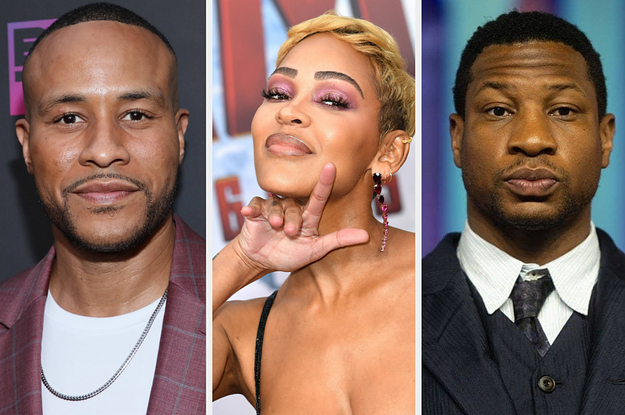
As I write this, I’m in the Acadia Birding Festival headquarters, killing time between guiding assignments. In a little while, I’ll leave the American Legion Hall in Southwest Harbor, and head over to Seal Cove to lead another walk.
Meanwhile, I’ve been doing some “birdering.” While most of the birders here are watching birds, I’ve been watching birders. Credit for inventing the word birdering goes to my co-leader for the previous day’s walks, James Longo. He’s a grad student at the University of Maine and a fine trip leader.
A birding festival is a good place to see a lot of birds, and birders. The Acadia Birding Festival is the biggest of four festivals that occur in Maine over four consecutive weekends.
The Rangeley Birding Festival that starts Friday, June 8, is the last.
Being the oldest and largest festival, the Acadia event attracts birders from all over the country. It’s a good chance to take a close look at people who bird. My observations may surprise you.
Or they may not.
Many birds look alike. Most birders don’t. We come in a wide range of descriptions and abilities. There is a common misconception that only inexperienced birders go to festivals. Not so. Experts don’t need much assistance to identify a bird, but they still need help finding them. So, yes, experts attend.
Intermediate birders are generally able to recognize birds by sight but are still learning to identify them by sound. They likewise benefit from learning where to find birds.
Beginning birders benefit the most. With so many experienced guides on hand, eager to share their tricks and tips, fledgling birders can improve their abilities faster, in addition to seeing far more than they would on their own.
Inexperienced birders form the backbone of a good festival.
Even experienced birders can be inexperienced. I am infinitely acquainted with the birds in Maine. But dump me into the Southeast Arizona Birding Festival in Tucson, and I’d be way back down on the learning curve. Which is exactly why I’m eager to go.
While birdering, I noticed that so-called “experience” varies widely. Some people are familiar with many birds, but struggle with others. I have friends who are dynamite at identifying songbirds, hopeless at identifying seabirds, and so-so on shorebirds. Truth is, even the most experienced birders are still learning. How sad it must be to know everything!
There’s a wide difference in how birders relate to the birding experience. Some enthusiastically chase after every sight and sound. Others prefer a slow, quiet pace, drinking in nature in small sips rather than big gulps. Slow, quiet, serene. Many get their biggest thrills just by watching birds in their own backyards.
One category of birders earns my special respect: SOBs. That is, Spouses of Birders. For every gung-ho enthusiast, there’s a long-suffering spouse or partner tagging along. God bless them. The funny thing is, most SOBs gradually get better at birding, whether they expected to or not.
Birding knowledge is acquired more by experience than education. Constant exposure improves birding proficiency, even among reluctant participants. Many get unintentionally good at it. You know who you are.
Most of the guides at the festival have real jobs. Few are trained biologists, and almost none are ornithologists. They, like you, just picked up their skills and knowledge by doing. Even casual birders learn stuff. The more you do, the more you learn. To me, that’s vastly different from another popular pastime — gardening. I gardened for years. Even with all that experience, there was no plant I couldn’t kill. Birders only get better with time.
Until they lose their hearing. It hurts to look around and see all these wicked elderly birders who are my age. Often, it’s the high frequencies that people lose first. I can still hear the emphatic high notes of a golden-crowned kinglet, but only if I’m standing close to it. The squeaky songs of Blackburnian warblers are often the first to disappear.
One sad observation: at this festival attended by 359 participants and 50 guides from all over the state and country, there is scarcely a face different from my own. Birders come in all shapes and sizes, but apparently not races. Surely, Americans of Asian, African, Hispanic and Native descent enjoy the outdoors as much as white Americans do. The national birding community should feel open and welcoming to all.
So, who is a birder? If you’re reading this, you are.












